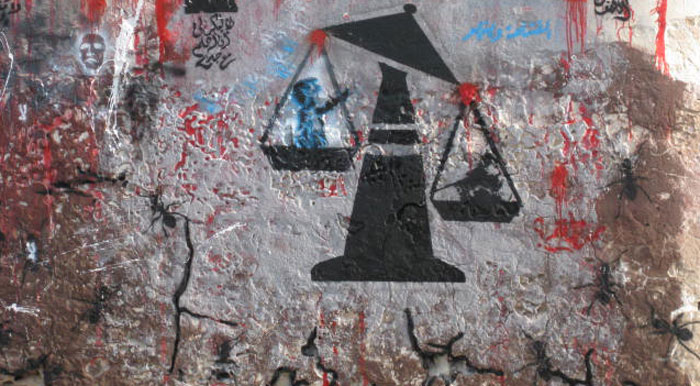
The Arab Spring of 2011 is still a work in progress, full of hopes and uncertainties. Tunisia and Egypt, where the uprisings began, have embarked on a “learn-as-you-go” experiment, each following different paths to chart their respective post-revolution periods.
As part of its expanding focus on the Middle East, IPI has been closely following the work of some of the Tunisian and Egyptian civil society leaders who have been active during and after the uprisings. The innovative processes, mechanisms, and citizen-led pressure groups they have set up have helped inspire some of the progressive policies of the transitional governments in both countries.
Following several months of research, IPI has found that while the technologically-empowered elites may be sharing some of these home grown experiments, no formal standing structure has emerged to take stock of these experiments and serve as a platform for exchanging knowledge, ideas, and lessons learned among civil society groups in the two countries.
Civil Society in Transition: Starting with Women
After consultations earlier this year with key stakeholders in New York and on the ground, IPI decided to explore, in partnership with UN Women, the idea of helping create an inter-Arab Forum of Civil Society in Transition, focusing initially on Tunisia and Egypt. Such a forum would be beneficial not only to these two countries but also to civil society leaders in other Arab countries undergoing transitions.
IPI decided that the initial focus would be on women civil society leaders, joined by men committed to gender equality. Women played a significant role during and after the uprisings, and one fear was that many of the rights they had enjoyed over the years could be challenged early on during the post-revolution period or worse, reversed.
Since its launch, the idea has gained some currency among local stakeholders. This has prompted IPI, with the help of UN Women offices in the region, to identify two small groups of Tunisian and Egyptian women and several men. Their main task will be to agree on the objectives and contents of the forum as well as on the practical modalities for its launch. Initial, informal discussions between these two groups on how to carry the project forward have already taken place.
Tunisian Context for the Project
Youssef Mahmoud, IPI Senior Advisor for the project, has visited his native country, Tunisia, twice since the uprising. During his last visit he met with some young university students who had lived through the revolution and were experiencing its aftermath with mixed emotions. To provide further context for this IPI project, he offers some of their sentiments, together with his own observations on some of the issues raised by these students.







